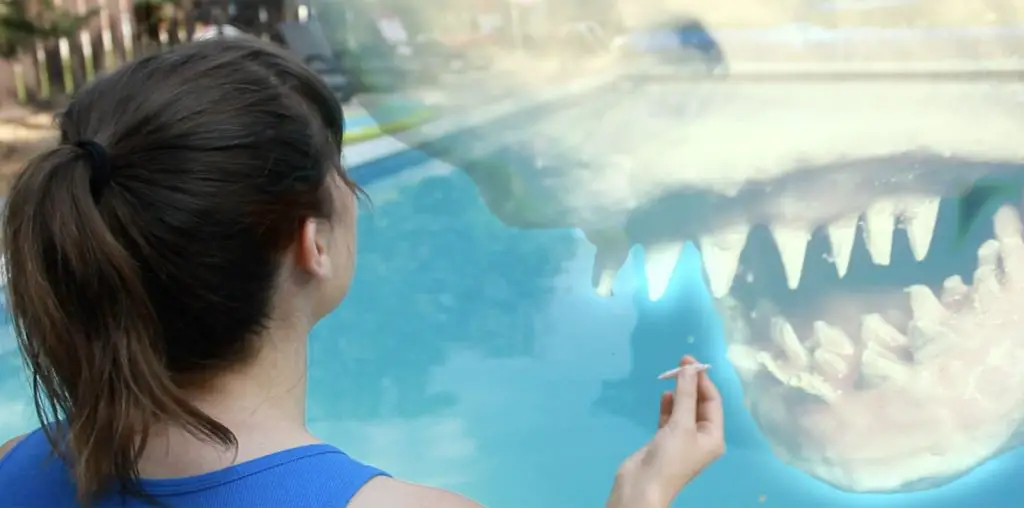
There isn’t a single moment of originality or believability in “Someone Like You.” If you’ve seen any romantic comedy to come from Hollywood in the past ten years, chances are at least one contrived thing in Tony Goldwyn’s entry into the genre will ring the bell of memory: for a start, one character’s “secret,” which is ultimately revealed in a very public setting; a climactic kiss/embrace complete with accompanying lift and twirl. Yet in the case of this adaptation of the Laura Zigman novel “Animal Husbandry,” such strong familiarity does not breed contempt, and that’s all due to two pairs of words: Ashley Judd, Hugh Jackman.
Judd, generally known for more straight-faced projects, reveals herself to be an absolute natural at Meg Ryan-esque fluff as Jane Goodale, a stunningly gorgeous yet romantically challenged (what did I say about believability?) talent booking agent for a talk show. Mr. Right appears to have finally come along in the form of Ray Brown (Greg Kinnear), and soon the two are planning to move in together. The plan never becomes a reality, however, and a dumped and homeless Jane has nowhere to stay but the apartment of womanizing co-worker Eddie Alden (Jackman). Why she doesn’t instead move in with her best friend Liz (Marisa Tomei) is a mystery that is never once addressed.
After all, if Jane didn’t move in with Eddie, she wouldn’t have such prime fodder to inspire her–and the film’s–centerpiece theory: that men, like all other males in the animal kingdom, are somehow biologically predisposed to abandon their mates. Jane puts her theory into writing by way of an incognito article in the magazine for which Liz works. Her musings about men and cows are hardly groundbreaking, yet they snowball into a zeitgeist sensation. At the same time, however, she gradually loses faith in her finding, for (shock of shocks) she discovers that there is something more-and perhaps genuinely appealing-about a guy like Eddie.
Even without reading the above synopsis, there’s never any doubt where “Someone Like You” (or, for that matter, all chick flicks of its ilk) is headed. So what such films lack in suspense and originality you hope they compensate in wit and/or charm. In the area of the former, screenwriter Elizabeth Chandler and director Goldwyn have their moments, particularly in some cutesy devices that are used just sparingly enough that they don’t grate: “Clerks”/”Frasier”-style intertitle cards; one odd yet effective sequence where children recite definitions of words directly to the camera.
Charm, however, is the film’s strongest suit and what makes this sweet l’il nothing go down with ease. Goldwyn, being an actor himself, naturally coaxes spot-on work from Kinnear, Tomei (again, as in “What Women Want,” making the most of a secondary role), and Ellen Barkin (who plays the talk show host). But the slam dunk of stars Judd and Jackman is something that goes beyond mere performance. Granted, they hit all the right notes: Judd’s beautiful and vividly expressive face is put to good use, and she is a good sport when it comes to physical comedy; and Jackman has the ruggedly macho thing down cold, but not so much that he comes off as an arrogant oaf. But whenever these two are together, all the formulaic, nonsensical plotting becomes a non-issue; their flirty playfulness and undeniable sexual electricity add up to chemistry combustion. With some actors like them, viewers’ hearts should have no problem defeating their cynical minds.
